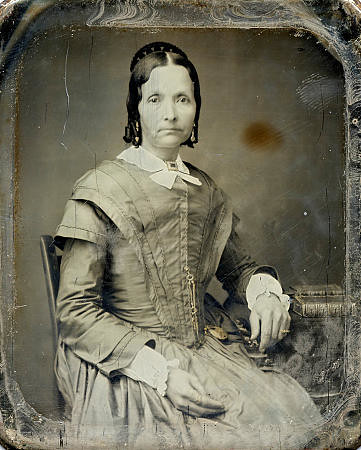The Oxford English Dictionary defines a “Utopia” as “[a] place, state, or condition ideally perfect in respect of politics, laws, customs, and conditions.” The original terms, of course, derives from Sir Thomas More’s 1516 book, Utopia, which describes how such a place would be run.
Today, when we talk about utopian spaces, we are generally referring to safe-havens perfectly suited for people who have been screwed over by society. Early in Mormon history, Joseph Smith and his followers attempted to build utopian spaces in Ohio, Missouri, and Illinois. Later, Brigham Young and the pioneers tried again in Utah and its surrounding regions. In each case, the Saints came up short.
Today, the Mormon utopian dream is a dream deferred, although remnants of it still exist prominently in such practices as tithing, temple work, service, Church welfare, and home and visiting teaching. While these practices do much to ease the burdens of the persecuted and create a more utopian space, they are not perfect.
Zion is still yet to be redeemed.
In “realistic” fiction, utopian spaces occasionally pop up. For instance, in John Steinbeck’s excellent Depression-era novel The Grapes of Wrath, the Joad family visits the Weedpatch Camp, an idyllic government-run haven for migrant workers in California. For the Joads, as well as for Steinbeck’s readers, the Weedpatch Camp presents the perfect remedy for the squalid living conditions, abuses, and exploitations that workers were then subjected to. The suggestion is that if there were more places like the Weedpatch Camp, families like the Joads would be able to stay together and survive.
In many ways, the Weedpatch Camp episode injects much needed hope and idealism in an otherwise bleak novel. At the same time, however, something about Steinbeck’s depiction of it makes it seem a little too perfect and idyllic—and that kind of perfection is suspicious to me. As a reader, I’m happy that the Joads find a clean, safe place to stay for a while. But, at the same time, I also want a whole picture. What’s the other side to the Weedpatch Camp?
My point is this: perfect places don’t exist in this life and safe-havens are not without dangers of their own. When we begin to believe otherwise, we take our first steps toward disillusionment, disappointment, betrayal, and apostasy. As Mormons, we believe that nothing can currently exist without the influence of some kind opposition. Our goal, therefore, is not to be rid of opposition—i.e. achieve a perfect state—but to exist well despite of it. Of course, this means that everything we do or are, every space that we make, will be imperfect, subject to dissolution. Real spaces are flawed.
Realistic Mormon fiction should avoid the lie of utopian spaces—especially when they’re meant to be uniquely Mormon. Otherwise, it runs the risk of becoming the worst kind of inspiration fiction—the candy fluff that seeks to “pacify, and lull [readers] away into carnal security,” leading them to believe that “All is well in Zion.”
 Yesterday, as I was finishing my latest Enid comic, I came across Eliza R. Snow’s poem “To the Writers of Fiction,” which I had somehow missed while writing my dissertation. How this oversight happened is beyond me, and I only wish now that I had known about it nine months ago. It would have fit perfectly in the introduction–and maybe have provided a nice epigraph for the entire book. When I revise and publish it, I’m definitely finding a place for the poem.
Yesterday, as I was finishing my latest Enid comic, I came across Eliza R. Snow’s poem “To the Writers of Fiction,” which I had somehow missed while writing my dissertation. How this oversight happened is beyond me, and I only wish now that I had known about it nine months ago. It would have fit perfectly in the introduction–and maybe have provided a nice epigraph for the entire book. When I revise and publish it, I’m definitely finding a place for the poem.

